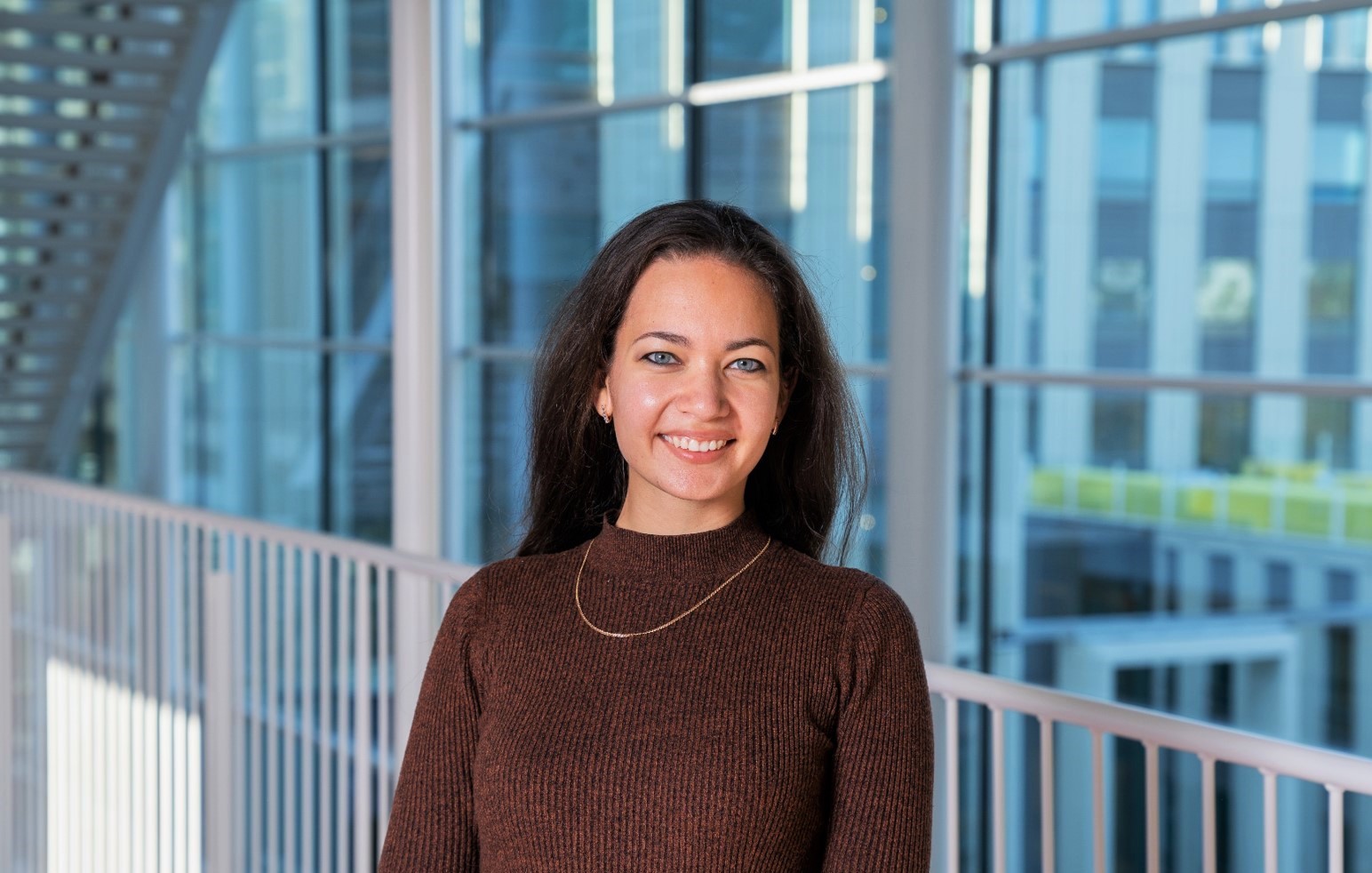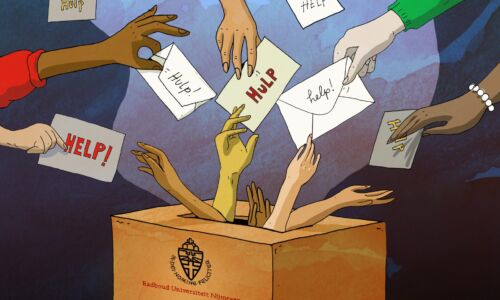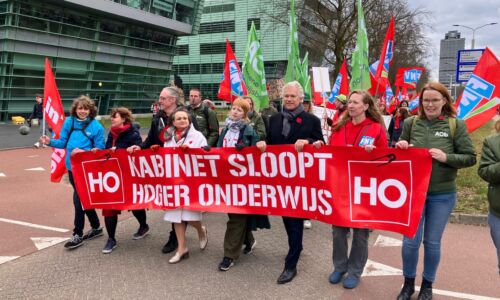Ukrainians in Nijmegen fear a war: ‘Nobody knows what Putin is going to do next’
-
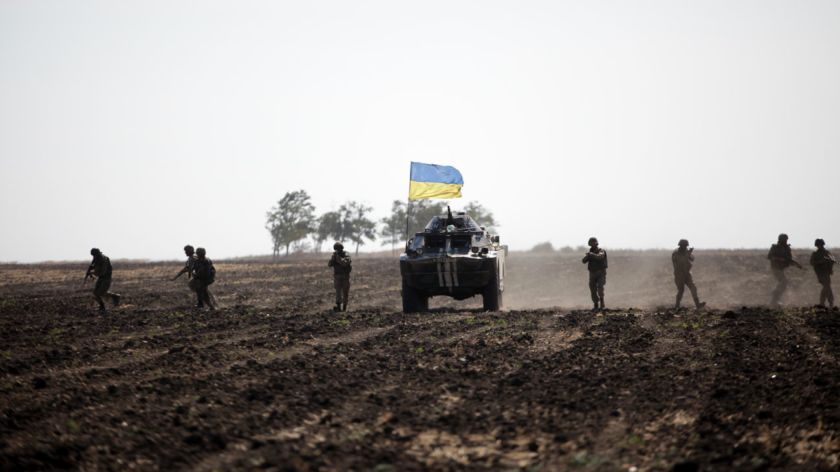 A military exercise in Eastern Ukraine (2015). Photo by Taras Gren (Ukrainian Ministry of Defence).
A military exercise in Eastern Ukraine (2015). Photo by Taras Gren (Ukrainian Ministry of Defence).
An invasion of Ukraine by Russia is imminent, according to the American government; the Dutch government has advised its subjects to leave the country. Radboud University employees with a Ukrainian background are keeping a tense eye on the developments; they fear a war is brewing.
Mariya Chernyavska is a PhD candidate in biochemistry at the Radboudumc who grew up on Crimea; her family still lives there. ‘My parents can only watch the Russian news over there, but they try to find different sources online. Because of all the sanctions, life in Crimea is very hard at the moment. There is a water shortage because a canal to Ukraine was closed down; residents can only use water in the morning and the evening.’
‘The people of Crimea probably won’t be affected much by a potential invasion of Ukraine, but a lot of Russian tanks are said to head north. It could be that Putin wants to conquer land in the south-east of Ukraine, so that Russia will have a better connection to Crimea on land.’
‘Back when Crimea was part of Ukraine life was tough, but at least there was freedom. There was international cooperation, you could travel freely, and life was better for students as well. The size of scholarship grants has gone down significantly. Because developments at the local universities have halted, the students’ diplomas are depreciating in value. I graduated in 2014, the year that Crimea was annexed; this technically invalidated my diploma. A Ukrainian university gave me proof that stated that I had completed the required curriculum, which allowed me to continue my studies in Germany.’
‘Putin can’t muster an army on the border and then quietly run off’
‘In 2014 I never would have thought that Russia could annex Crimea, but it happened anyway. I can’t imagine what will happen next. Keep in mind that there was some incident or other at the border every day for the past few years; this just didn’t make the Western news. Putin can’t muster an army on the border and then quietly run off, that would mean losing face. That’s why I wonder if this can even end peacefully.’
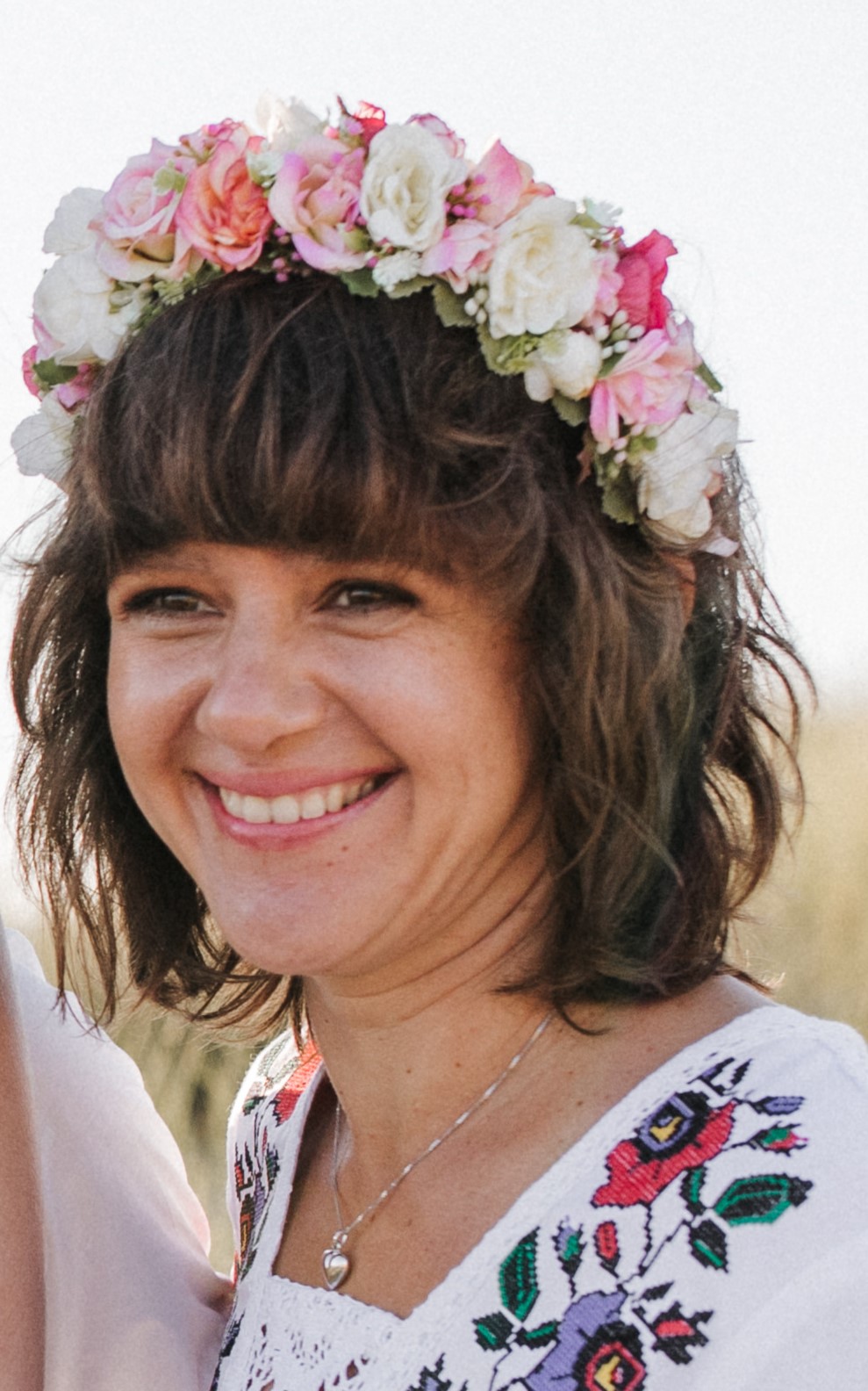 Liliya Levandovska left her birth country Ukraine in 2009; she now works for Academic Affairs as advisor on European research grants. She has been following the developments closely. ‘What really struck me is that my mother and grandmother, who live in the West of Ukraine, have had suitcases packed and ready to go, in case they need to flee the country, while the Western part of Ukraine should be the safest part of the country. Ukrainians are standing by to do something. Klitschko, the mayor of Kiev, is already mobilising people because under no circumstances will he allow the city to be taken. I think the central government has adopted too much of a ‘wait-and-see’ attitude.’
Liliya Levandovska left her birth country Ukraine in 2009; she now works for Academic Affairs as advisor on European research grants. She has been following the developments closely. ‘What really struck me is that my mother and grandmother, who live in the West of Ukraine, have had suitcases packed and ready to go, in case they need to flee the country, while the Western part of Ukraine should be the safest part of the country. Ukrainians are standing by to do something. Klitschko, the mayor of Kiev, is already mobilising people because under no circumstances will he allow the city to be taken. I think the central government has adopted too much of a ‘wait-and-see’ attitude.’
‘One thing Putin has accomplished is that a lot of Ukrainians now desperately want to become part of NATO. They already wanted to join the EU, but the threat of a Russian invasion has also increased support for NATO. The notion of internal strife is Russian propaganda. There are a lot of things wrong with the Ukrainian government, but nobody wants to be part of Russia. We want the freedom to choose. Even cities that were conquered by Russia earlier are glad to belong to Ukraine again.’
‘It is a matter of principle: will you allow a free country to be conquered by Russia?’
‘I think Putin was taken aback by the opposition in Ukraine; everybody wants to fight for the country. Putin is seeing how far the Western leaders will allow him to go. He will want to create a situation that gives him the option of a military intervention. That could be precipitated by terrorist attacks. In my opinion that deserves more attention from the Dutch media.’
In Ukraine the people are disappointed by the attitudes of Germany and France, who seem to take their economic interests and dependence on Russian gas into account in their decision on whether or not to offer aid. Countries that are situated closer to Russia, such as Poland, do realise the seriousness of the situation and are supporting Ukraine with military equipment. It is also a matter of principle: will you allow a free country to be conquered by Russia?’
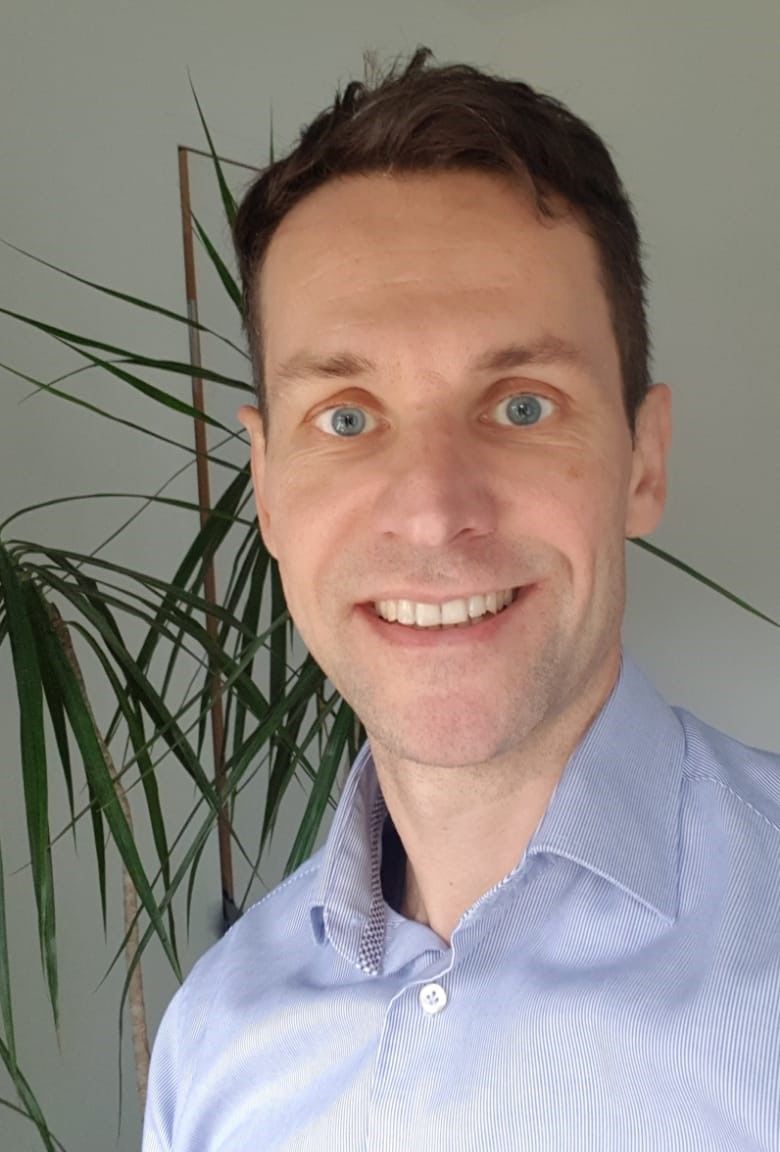
Ruslan Leontjevas is a lecturer of Psychodiagnostics at the open University and a researcher for the Radboudumc. He was born in Lithuania and studied in Ukraine at the university of Dnepropetrovsk. ‘In my opinion, you have to be careful in trying to justify Putin’s behaviour’, he says. ‘I’ve noticed that there has been a lot of theorizing as to the motives of his actions.’
I have Russian friends and Russian family. Whenever I talk to my family the conversation inevitably turns to Ukraine, even if I don’t want it to. It is like they’re parroting the state media. Putin’s actions are constantly defended; Ukraine is depicted as the little brother turning away from Russia. When I was studying in Ukraine, I never noticed Russians being disadvantaged. It’s a lot more natural to speak Russian in Ukraine than it is in Lithuania.’
Nobody knows what Putin is going to do next. Does he want to start World War III, or will he pull back when the sanctions are repealed? I think anything goes. Just don’t blame the victims. If a hooligan beats someone up for no reason, you wouldn’t ask the victim what they did to deserve it.’
